BOONE, N.C. — App State alumna Jane Palmer ’98 says “wood waste is the new black” — that’s the motto of Nature Coatings Inc., the Los Angeles-based company she founded in 2017.
The business transforms wood waste into high-performing black pigments designed for the apparel industry to use for screen printing, rotary printing, coatings, paint, resin casting, wood coloring and more. Nature Coatings has partnered with such apparel brands as Gucci, Yves Saint Laurent, Target, Jack & Jones, Vollebak and Weekday for a variety of clothing options, including T-shirts, leather and denim.
Nature Coatings’ process provides a carbon-negative, environmentally friendly alternative to the way standard black pigments are produced. The pigments do not contain any detected polycyclic aromatic hydrocarbons (PAHs), which can be found in petroleum-based carbon blacks. According to the Centers for Disease Control and Prevention, PAHs have been linked to various harmful health effects, including increased incidences of cancer in animals.
“Petroleum-based carbon blacks are the most produced and used pigments in the world,” said Palmer. “Nature Coatings has essentially created a direct replacement for these pigments that is a lot healthier for both us as people and the planet.”
For Palmer, her sustainability efforts were inspired by her time at App State, where she graduated cum laude in 1998 with a Bachelor of Fine Arts in studio art, with a focus in textiles, fibers and metalsmithing.
“I feel like there was a sustainability movement at App State before sustainability was even a word,” said Palmer. “People in the community found a means of making things work with what they had, and that’s always been a really big philosophy of mine.”
Palmer is originally from East Tennessee, so she always had a good sense of the history behind Appalachian arts and crafts, as well as the sustainable use of materials in traditions like weaving and metalsmithing, she shared.
“To be able to get tied into that cultural heritage from growing up in the area has really benefited how I think about things,” she said. “Now that I’ve moved away, I truly see how important it was and I take that with me everywhere I go.”
After graduating from App State, Palmer continued her education at the Art Institute of Chicago, where she received her master’s degree in textiles. She then quickly dove into the apparel industry, with a focus on pigments and dyes.
In 2010, Palmer opened Noon Design Studio in Los Angeles — the first dye house in the U.S. to specialize in using plant- and insect-based dyes.
“Those dyes are really beautiful, but the problem is they’re not particularly scalable for the larger apparel market, and they are also expensive and tend to fade quickly,” she said. “That’s when I started to have the idea that I would really like to make a high-performing, cost-competitive, scalable and bio-based pigment that could really have an impact.”
That idea started to gain momentum in 2014, and after garnering enough interest and traction, Palmer’s ambitions were backed by two National Science Foundation grants in 2016 and 2017, with awards totaling $275,000.
“I was very fortunate that they saw the value in this,” she said. “It really gave me the luxury of time and money to work on the development of the product.”
By 2017, Nature Coatings was officially up and running, and it has built quite the resume thus far. The company participated in the accelerator and scaling programs of Fashion for Good, a global initiative to inspire change and develop sustainable solutions in the fashion industry. Nature Coatings is also a portfolio company at the Los Angeles Cleantech Incubator.
How is the product made?
The wood waste used to produce the black pigments comes from sources certified by the Forest Stewardship Council (FSC) — a nonprofit organization that ensures wood is harvested sustainably.
“We only use the wood waste coming from the lumber industry and the paper industry — things like the bark and the little tiny branches that can’t be used,” said Palmer. “It’s estimated that 50 million tons of wood waste is created every year in the U.S. alone, and right now there is nothing we can really do with it. We’re trying to change that.”
The process of producing the pigments comes from placing wood waste into a closed, oxygen-free chamber. Heat is applied to the chamber, but the wood does not burn, as, Palmer explained, burning wood releases a lot of greenhouse gasses. The water from the wood waste then turns into steam that can be captured and used to power parts of the manufacturing process.
“It’s a closed-loop system in that sense,” said Palmer. “The end result is a really high-quality form of bio-carbon, which becomes a solid black pigment.”
What do you think?
Share your feedback on this story.
About the Department of Art
One of seven departments housed in the College of Fine and Applied Arts, the Department of Art at Appalachian State University prepares students to explore art, identity, expression and creative problem-solving while challenging them to go beyond their previous limits by discovering new connections to culture. The department offers degrees in art and visual culture, art education, graphic design, studio art, photography and graphic communications management, with minors in art history, studio art, photography and graphic communications management. Learn more at https://art.appstate.edu.
About the College of Fine and Applied Arts
Appalachian State University’s College of Fine and Applied Arts is a dynamic and innovative group of seven academic departments, bringing together a variety of perspectives, experiences and real-world education to provide unique opportunities for student success. The college has more than 3,500 undergraduate and graduate majors. Its departments are Applied Design, Art, Communication, Military Science and Leadership, Sustainable Development, Sustainable Technology and the Built Environment, and Theatre and Dance. Learn more at https://cfaa.appstate.edu.
About Appalachian State University
As a premier public institution, Appalachian State University prepares students to lead purposeful lives. App State is one of 17 campuses in the University of North Carolina System, with a national reputation for innovative teaching and opening access to a high-quality, cost-effective education. The university enrolls more than 21,000 students, has a low student-to-faculty ratio and offers more than 150 undergraduate and 80 graduate majors at its Boone and Hickory campuses and through App State Online. Learn more at https://www.appstate.edu.
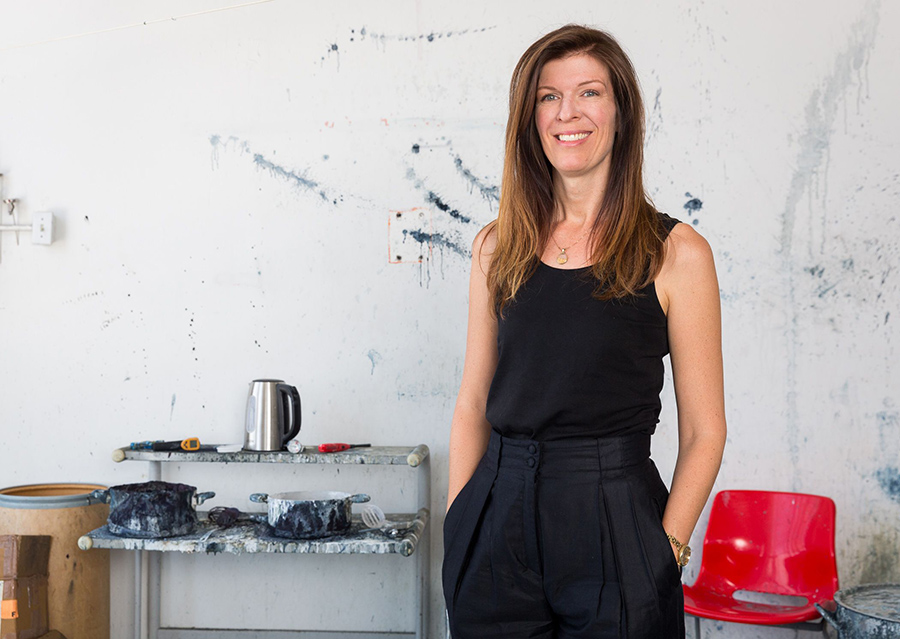
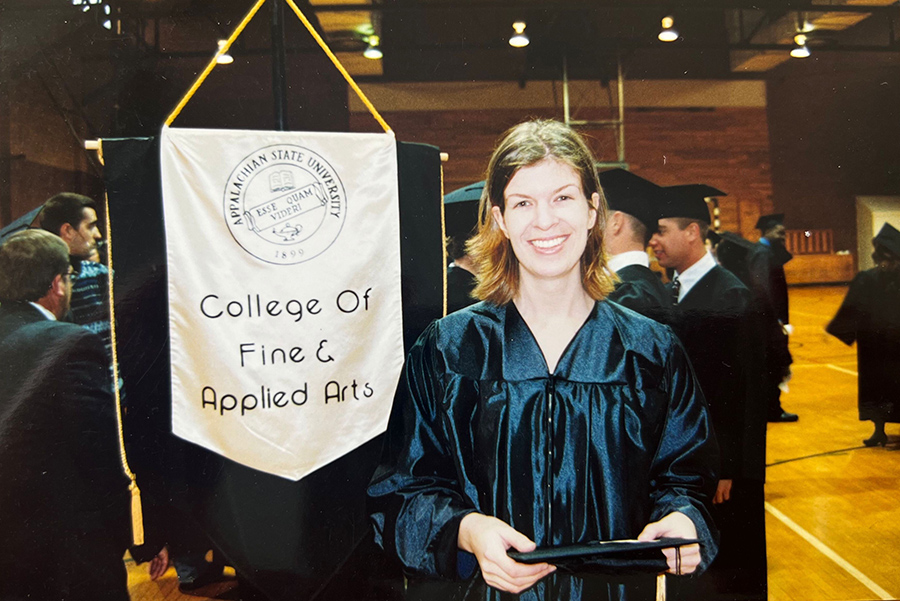
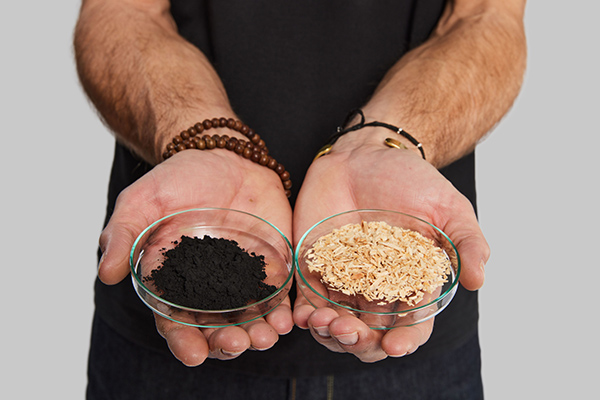
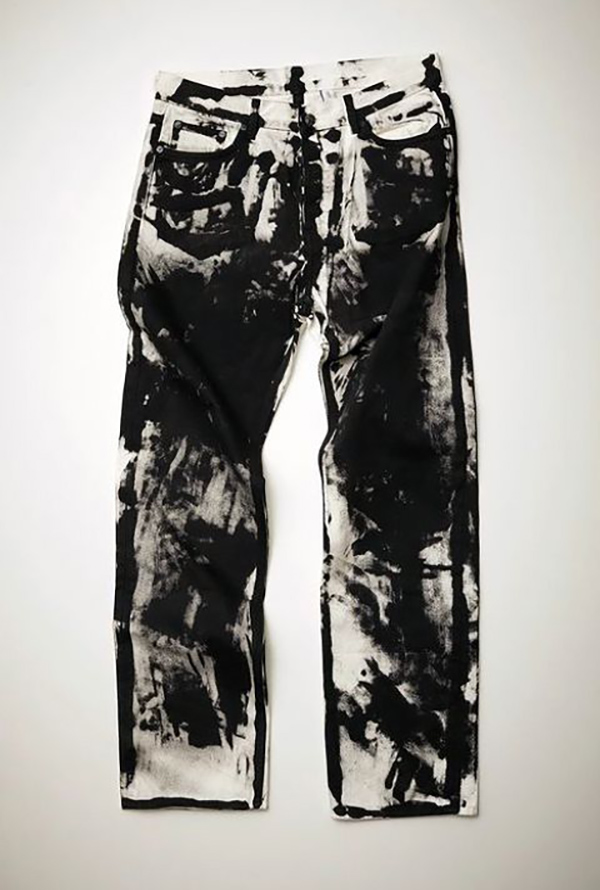
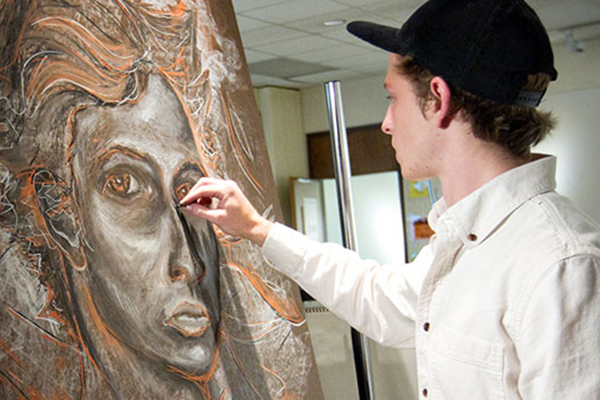




![How NCInnovation Is Rethinking Economic Development in North Carolina [faculty featured]](/_images/_posts/2026/02/rethinking-economic-development-600x400.jpg)







